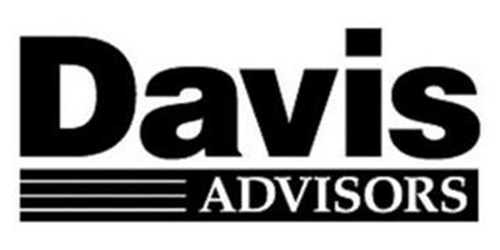Danton G. Goei joined Davis Advisors in 1998. He is a portfolio manager for the Davis Large Cap, Global, and International Portfolios and a member of the research team for other portfolios. He was previously employed at Bain & Company, Morgan Stanley Asia Ltd. and Citicorp. Mr. Goei speaks multiple languages and has lived in Europe, Asia and currently resides in New York City.
[timeless]
Q1 hedge fund letters, conference, scoops etc, Also read Lear Capital: Financial Products You Should Avoid?
Mr. Goei received his B.A. from Georgetown University and his M.B.A. from The Wharton School.
I interviewed Danton last week.
For those not familiar, can you provide some background on Davis and its approach to investing?
Davis Advisors is an independent investment firm managing money since 1969. The firm is owned by the Davis family and by its employees, who have over $2 billion invested alongside its clients.
Davis is a long-term investor in businesses using fundamental bottom-up investing. We look for companies with durable competitive advantages, run by top-tier management teams, trading at attractive valuations. We are looking for “compounding machines” that generate significant cash flow and have high-return reinvestment opportunities. This approach has generated market-beating returns for all five of the firm’s strategies since their inceptions.
As we have a five-year investment horizon, we expect a recession to occur during our holding period. Having a strong balance sheet and cash generation with a durable business model is crucial to minimizing risk in the inevitable periods of economic weakness. Preparing for a downturn rather than predicting one is our focus.
How would you describe Davis’ view of the importance of financial advisors?
We view financial advisors as key partners for Davis in achieving the goal of financial success for our clients. Client behavior is just as important as portfolio returns when it comes to reaching long-term goals like retirement or saving for a child’s education. The evidence is compelling that financial advisors can add as much value by promoting good investor behavior as good portfolio management can to clients’ returns.
How do you define an attractive stock?
Our primary yardstick for valuation is what we call “owner earnings,” or the amount of cash an owner could take out of the business while still appropriately investing for the future. It is essentially a normalized free-cash-flow metric. We then look at the owner earnings yield that a business generates, for example, a 12.5x owner earnings multiple is an 8% yield. Whether that 8% owner earnings yield is attractive or not will depend on the future growth rate of those earnings, how those earnings are reinvested or distributed and the yield offered by other investment opportunities.
An 8% owner earnings yield, for example, would be attractive if earnings were growing 7-8% and the cash was available for dividends and share repurchases. Such an investment would likely generate a 15-16% annual return which compares very favorably to other equity and certainly fixed income opportunities.
Read the full article here by Robert Huebscher, Advisor Perspectives

